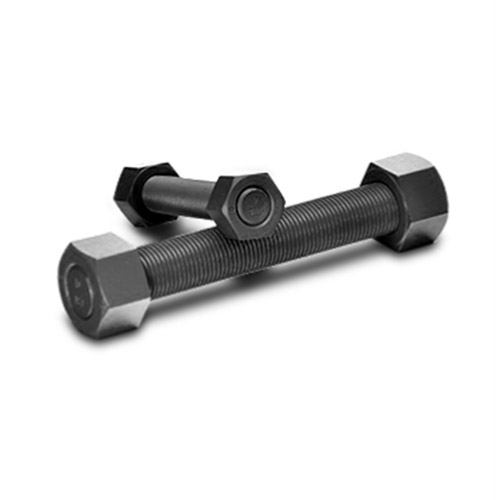rubber brake line
Nov . 05, 2024 03:07 Back to list
rubber brake line
Understanding Rubber Brake Lines Importance and Maintenance
Rubber brake lines play a crucial role in the braking system of vehicles, ensuring safety and efficiency. These flexible tubes are responsible for transmitting brake fluid from the master cylinder to the brake calipers or wheel cylinders, allowing the braking mechanism to function effectively. Given the pivotal role they play, understanding their properties, advantages, and maintenance is essential for vehicle owners and enthusiasts alike.
One of the primary advantages of rubber brake lines is their flexibility. Unlike rigid metal lines, rubber brake lines can bend and flex with the movement of the vehicle’s suspension. This characteristic is particularly beneficial for vehicles that experience a lot of movement, such as off-road vehicles or race cars. Additionally, rubber is generally more resistant to vibrations and impacts, which could potentially lead to leaks in metal lines.
However, rubber brake lines are not without their downsides. Over time, exposure to heat, moisture, and road grime can degrade rubber, making it susceptible to cracking and failure. This degradation can compromise the efficiency of the braking system, leading to brake fluid leaks and, ultimately, brake failure. Therefore, regular inspection and maintenance of rubber brake lines are essential to ensure their integrity and reliability.
rubber brake line

Vehicle owners should look for signs of wear on their brake lines, including cracks, bulges, or any signs of fluid leakage. A visual inspection should be performed periodically, especially before long trips or during routine maintenance checks. If any signs of damage are detected, it’s important to replace the brake lines promptly. It’s also advisable to flush and replace brake fluid regularly, as old fluid can contain moisture and contaminants that can further deteriorate the integrity of the rubber.
While rubber brake lines are typically rated for several years of service, their lifespan can be significantly affected by factors such as driving conditions and maintenance habits. For instance, vehicles frequently exposed to salty environments or extreme temperatures might require more frequent inspections and replacements.
In conclusion, rubber brake lines are a vital component of a vehicle’s braking system, offering flexibility and resilience. However, their longevity relies heavily on proper maintenance and timely inspections. By being proactive about the condition of brake lines, drivers can ensure their safety on the road and enhance the overall performance of their vehicle. Regular checks and replacements will not only contribute to a smoother driving experience but also provide peace of mind when it comes to stopping power in critical situations.
